
Given that depression is a common symptom in patients with MS and is associated with increased morbidity and mortality, the investigators examined the effects of lower-efficacy DMTs and higher-efficacy DMTs on depression.

Given that depression is a common symptom in patients with MS and is associated with increased morbidity and mortality, the investigators examined the effects of lower-efficacy DMTs and higher-efficacy DMTs on depression.
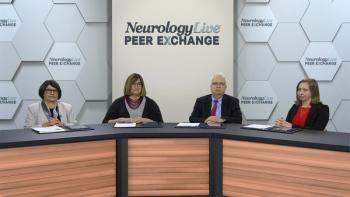














In those with MS treated with subcutaneous interferon beta-1a, Magnetic Resonance Imaging in multiple sclerosis scores may be predictive of the time to new clinical disease activity and disease progression.

In order to better understand the clinical and economic impacts of nonadherence to disease-modifying therapy, the investigators conducted a cost-consequence analysis among patients taking once- or twice-daily DMTs.

The investigators sought to compare a 6-week, in-person intervention with CBT for insomnia and a brief education program in patients with MS who reported symptoms of insomnia.
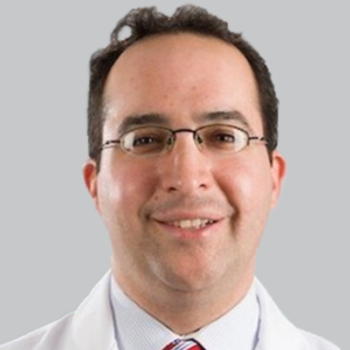
This device, which is being prepared to launch in the US market later this year, is an alternative treatment option for acute migraine.

The subgroups were defined by baseline characteristics that are known to be potential modifiers of risk to conversion to clinically-definite multiple sclerosis, including age, gender, first classification of demyelinating event, presence of T1 Gd+ lesions, and number of active T2 lesions.
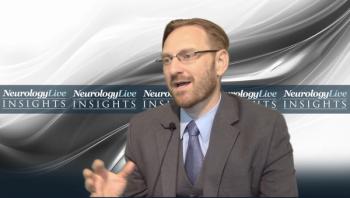
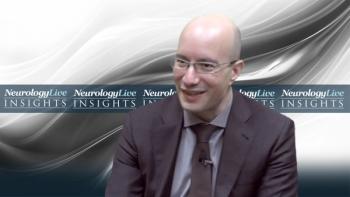
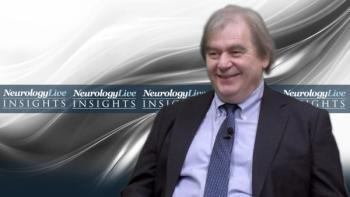

Results of the large, long-term, population-based study suggest that statin therapy in older adults who experience a concussion may help reduce the deleterious effects of brain injury.
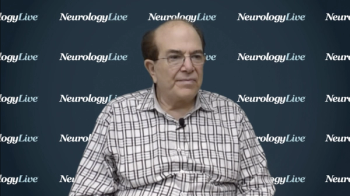
The director of the Jefferson Headache Center at Jefferson University Hospital discussed the need for physicians to revisit how they treat patients with chronic migraine who have developed medication overuse headache.

The National Organization for Rare Disorders is home base for more than 300 member organizations that serve not just patients, but providers who care for those with rare disorders, such as SMA and Duchenne muscular dystrophy.
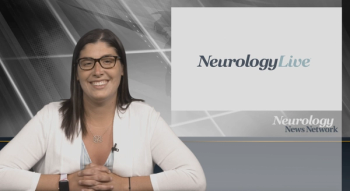
Neurology News Network for the week ending May 25, 2019.

Zolgensma, an adeno-associated virus vector-based, one-time gene therapy administered via intravenous infusion, is the first and only FDA-approved gene therapy for SMA.
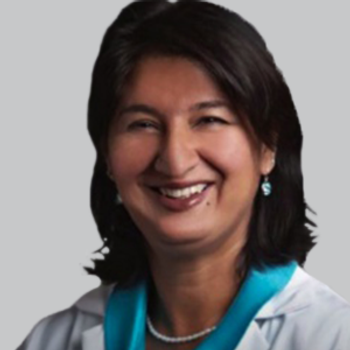
The anti-CGRP agent was shown to decrease monthly migraine days, in addition to having higher ≥50% and ≥75% responder rates, reductions in acute medication use, and enhancements in MSQ RF-R domain scores for patients who failed ≥2 more preventives.